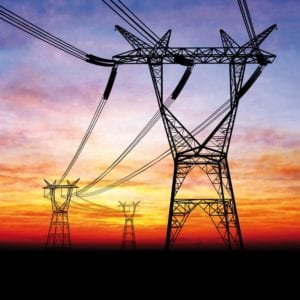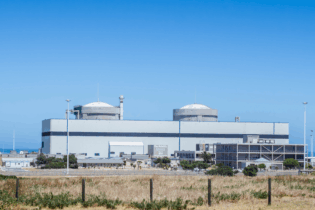
In South Africa, water scarcity threatens the viability of coal production given the water-intensiveness of coal technologies which is used to generate around 90% of its domestic electricity supply.
In South Africa, water scarcity threatens the viability of coal production given the water-intensiveness of coal technologies which is used to generate around 90% of its domestic electricity supply.
Presented at the Asia-Pacific Energy Leaders Summit in New Zealand the early findings of a new report, ‘The road to resilience – managing the risks of the energy-water-food nexus’ from the World Energy Council is calling for immediate action in order to secure resilient energy infrastructure.
Report recommendations
Supported by a task force of over 140 experts from across the world, the report makes five recommendations:
- Improve understanding of the water footprint of energy technologies in order to mitigate the risks of stranded assets
- Account for the ‘price’ of water, particularly in areas of water stress
- Consider a wider range of financial and insurance instruments to hedge short term risks such as adverse weather incidents and associated electricity price volatility
- Give investors the confidence to invest by providing them a full risk assessment that includes different climate and hydrological scenarios in financial analyses
- Provide a reliable and transparent regulatory and legal framework that takes into account water issues and competing stakeholders’ interest.
Integrated planning is needed
“The energy-water-food nexus poses a systemic risk which could impact the robustness of the energy supply and demand over many years to come,” says Christoph Frei, Secretary General World Energy Council.
“Power plants across the world could be affected by changes in precipitation patterns, which are combining with increasing competition between water users to adversely affect the resilience of energy services.
“Clear co-ordination and integrated planning needs to take place now, or we will start to see the effects of water scarcity on energy supplies in the very near future,” he explains.
The reports are prepared with project partners Swiss Re Corporate Solutions and Marsh & McLennan Companies with insights from the European Bank for Reconstruction and Development and will build to provide a detailed report ahead of the 23rd World Energy Congress to be held in Istanbul, Turkey in October 2016.








